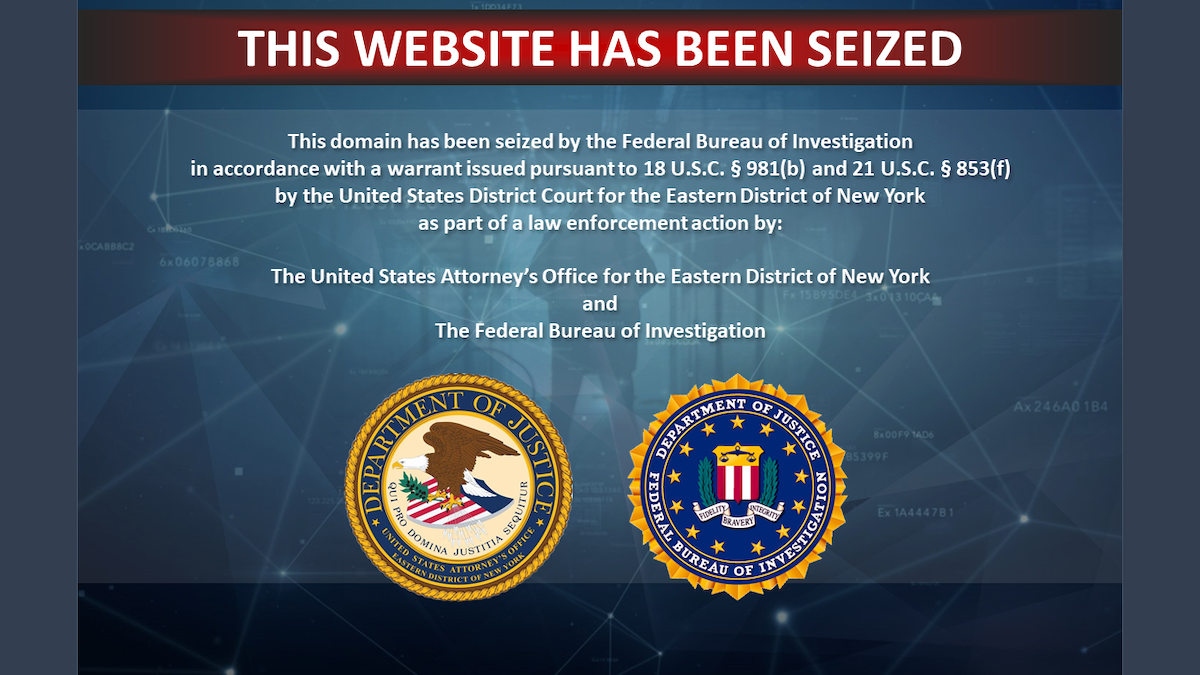Ten years after Aaron Swartz's death, the world has become more closed
This past Wednesday was the tenth anniversary of Aaron Swartz's death. On January 11, 2013, Aaron committed suicide in his apartment at the age of 26.
A genius with ideals and courage
Compared with Steve Jobs, Mark Zuckerberg and other celebrities, Aaron is relatively unknown, Taiwan and Hong Kong media have hardly introduced his deeds, and it is absolutely impossible to see his name on any rich list. However, in the support of freedom, openness and creation In the eyes of a hacker (not a hacker), his contribution and status may far exceed that of the founders of major Internet companies, even Apple and Google.
👉Favorite its Writing NFT 👈
That doesn't mean Aaron's entrepreneurial accomplishments are lackluster. In fact, he founded Infogami, and later merged with Reddit and exited (Reddit is equivalent to Hong Kong Gordon and Taiwan PTT, of course, the scale is much larger), and he completed the cycle of Silicon Valley-style successful entrepreneurs at a young age. Aaron later became the principal engineer of the Internet Archive Opening Library project, and Infogami's software was used to support this project. Additionally, he co-authored the original RSS standard and the Markdown language widely used by techies. Rather than saying that Aaron is not good at making money, it is better to say that he does not have this ambition, and only pursues to fight with software, initiatives and writing to build an open Internet.
An open Internet is reflected in several levels: open code, open protocol (protocol) and open information. Aaron has been involved in all three. For example, in terms of open source, Aaron co-developed web.py Python web app framework, Tor2web, DeadDrop and other free software. If Aaron is still alive, he will probably be the backbone of the blockchain today.
Aaron participated in the design of RSS, which was an extremely important protocol in the early days of the Internet. It not only allowed users to track the updates of various websites, but also allowed websites to release information to followers. It's a pity that bad money drives out good money, and closure defeats openness. With the rise of Facebook and the closure of Google Reader, the largest RSS reader, RSS is becoming increasingly marginalized and users are getting fewer and fewer. Known as "Don't be evil", Google's termination of the Reader service can be said to be the worst decision in history. Not only did it fail the open standard in concept, it also made Facebook commercially and planted the bane.
As for open information, Aaron assisted in the design of related technical frameworks in the early days of the 20th anniversary of Creative Commons (creative use of CC, shared ideas). As an open standard, RSS not only promotes information release and integration, but is also used to mark meta-data such as corresponding authorizations on web pages; through RSS, Internet users can not only control their own information sources, but also filter out open content, and then follow the authorization Details are further mixed.
All censorship should be deployed.
Aaron Swartz
The most painful chapter on the road of HP knowledge
In 2008, Aaron downloaded more than two million legal documents from PACER (Public Access to Court Electronic Records) and made them public, challenging PACER's unreasonable practice of charging 8 cents per page for public documents. The incident attracted the attention of the FBI and decided not to prosecute after investigation.
However, the continued insistence on open information finally drove Aaron to a dead end.
On January 6, 2011, police and U.S. agents belonging to MIT MIT arrested Aaron, accusing him of breaking into a wiring closet earlier and using MIT's network to download a large number of papers from the academic journal website JSTOR. Indicted Aaron for "dishonest use of computer" and other counts, Aaron faces a fine of one million dollars and 35 years in prison. After more than years of negotiations between the prosecution and the defense, Aaron always refused to accept the half-year sentence in the name of a criminal, and finally embarked on the road of committing suicide.
Aaron firmly believes in HP's knowledge, and there is no suspense that the protest action violates the law. However, the prosecutor highly upholds the vested interests of the system, ignores the motivation and spirit behind the law and justice, and tries his best to demonize young people with ideals and talents. Labeling felons and swearing not to give up unless they receive heavy sentences, these judicial officials think they are just and awe-inspiring, but in fact they help the evildoers, which is a disservice to the law and society.
After Aaron's death, the federal government withdrew the charges. His actions were recognized by public opinion, and he was sealed into the Internet Hall of Fame by the Internet Society. The society also commemorates Aaron Swartz Day every year. However, Aaron's unfulfilled ambitions continue to be shelved. did not become open.
Over the past decade or so, China has locked down the Internet in one direction, and the United States has restricted Chinese Internet companies in turn. Giant platforms such as WeChat and Facebook have trapped most "Internet" users in a few websites, and the iPhone has trapped a wider population in a single network. The App Store that the company checks, and various phenomena, show that the Internet is more closed than it was ten years ago.
The paper mechanism of accumulating nonsense
In addition to the above major trends, there has recently been an incident that is closely related to the JSTOR paper download action ten years ago.
On November 3 last year, the website of Z-Library, the world's largest shadow library, was blocked by the US government. Although the past system has tried many times to rectify Z-Library, this time the US government blocked more than 140 domain names and corresponding mirror websites at one time, and arrested two Russian operators. The public regards this day as the end of Z-Library. The incident clearly shows that traditional enterprises in the closed ecology under the banner of intellectual property protection still dominate the flow of global knowledge.

However, the so-called doomsday is only for "normal people". Blocking a large number of domain names just means that you can't use the most familiar method of the public, that is, use Safari, Chrome and other browsers to enter ( https://) z-lib.org and other websites to browse Z-Library. People who are determined to break through the fence can always find a way, such as connecting to bookszlib….onion with the Tor browser (posting the full address may cause my weekly newspaper to be blocked by the service provider).
The Z-Library of the dark web is certainly not as convenient to use as a "normal" website, but it is not necessarily a rocket project that hard-core technical people can understand. Just like whether mainland netizens can use Google, the official answer is of course no, but Those who are interested can always learn to "scientifically surf the Internet". I am often asked if one day the government "bans" cryptocurrencies, will they lose all their assets overnight? I think the logic is the same. The nature of the Internet and blockchain is open, and whether specific services can be used depends on human effort. When the masses are voluntarily acting as obedient citizens to cooperate with the blockade, "lockdown" can happen.
Z-Library, which has more than ten million books, is the favorite of many book lovers. You may say that since you love books, you should buy genuine books instead of downloading pirated copies. This is true, but it is not comprehensive. For example, I myself will buy a genuine paper book, and also download the same book in Z-Library to save, view and search the content. Moreover, Z-Library also has a large number of books that have entered the public domain and are out of print, and it is impossible to buy genuine books. Making good use of Z-Library to acquire and preserve knowledge is not necessarily contradictory to giving back to creators and publishers, the key lies in the users themselves.
In addition to book lovers, Z-Library users also have many graduate students due to its collection of more than 80 million papers and articles. Aaron Swartz downloaded a large number of papers on JSTOR back then. It was precisely because he was dissatisfied with the knowledge that he was trapped. Except for a few students studying in institutions with rich resources, most of the population on the planet had no access to these papers, and even if they knew, they might not be able to afford them. What is even more ironic is that intellectual property rights are regarded as the law of heaven in the name of protecting authors, but most scholars have gained nothing in this closed mode, but they are powerless to oppose the long-established system in the academy and have no choice but to participate in the common industry.
There is a saying in the academic circle that the uploader of many papers on Z-Library is not a thief, but the author himself. I have no way of verifying this, but I think this apparently absurd statement is quite reasonable. Unless it is a diary locked in a drawer, no matter how Buddhist an author is like me, I write for people to read. The same is true for academic research. Except for members of parliament who bought a Ph.D. from Pheasant University, no one would hope that the papers they have been working on for several years will only be read by a wretched few hundred or even dozens of people, let alone earning income.
Those who know a little bit about the operation of academic circles know that the value of a paper is measured by citations. The more people cite, the higher the value, just like the national anthem with more web pages hyperlinked, the higher the PageRank, and the higher the Google search ranking. Here comes the problem, your paper is not the theory of relativity, and if you are trapped in JSTOR, how can it be found, read and cited. If you understand this logic, you can understand why uploading your own papers to Z-Library is not only not "pour your own rice", but a very rational approach.
Papers with more citations have more status, books read by more people are more immortal, and information that flows more is more valuable. Information is alive. In the age of information explosion, only flowing information has value.
My articles are not limited for profit, all are open for reading. If you like this article, please bookmark its Writing NFT , support writing, and protect news.

Original link: chungkin Express
Like my work? Don't forget to support and clap, let me know that you are with me on the road of creation. Keep this enthusiasm together!














- Author
- More